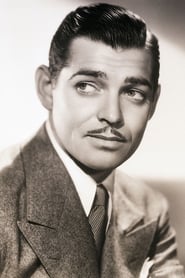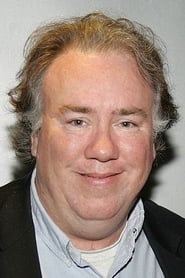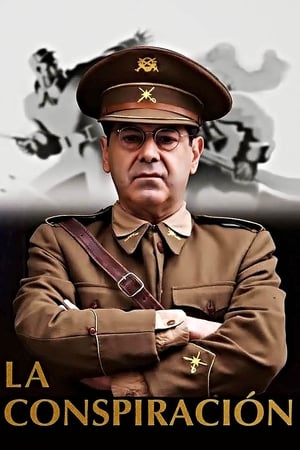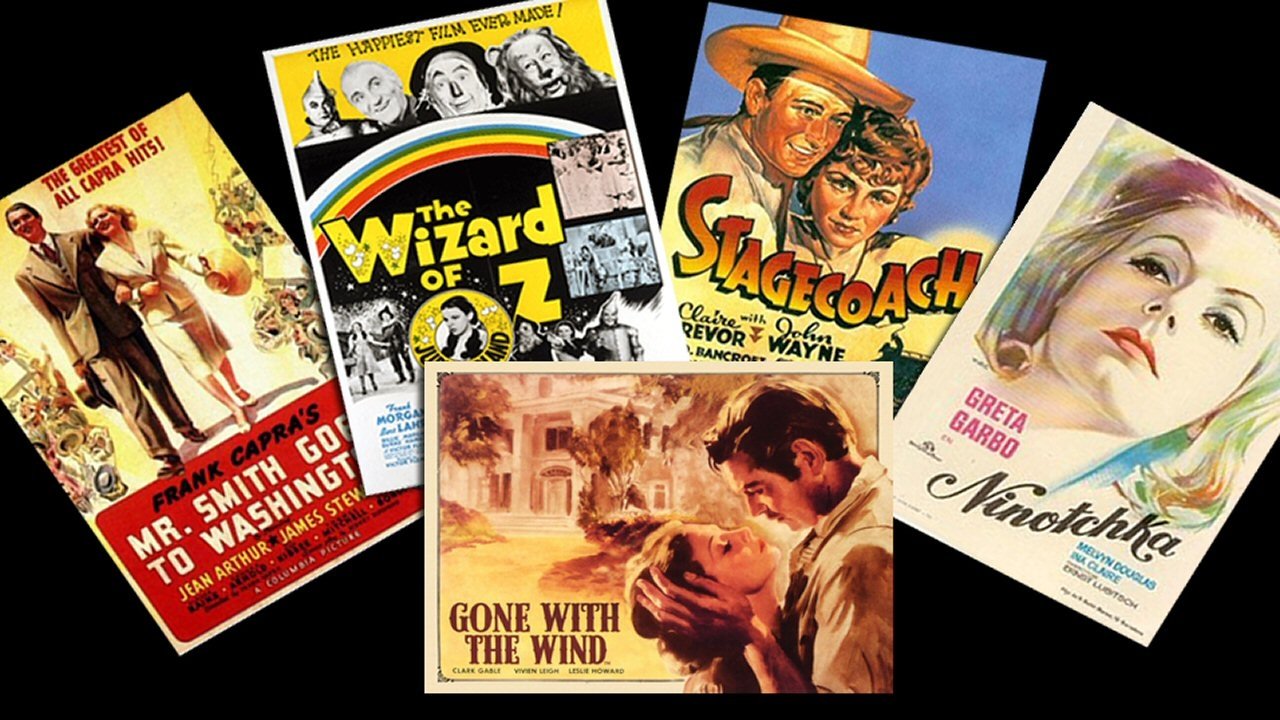
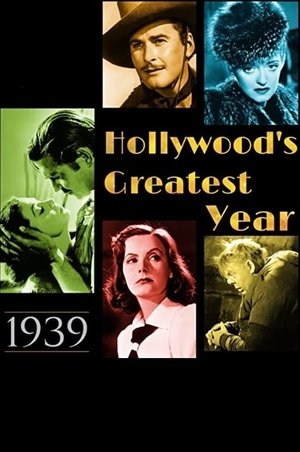
1939: Hollywood's Greatest Year(2009)
This documentary focuses on 1939, considered to be Hollywood's greatest year, with film clips and insight into what made the year so special.

Movie: 1939: Hollywood's Greatest Year
Top 10 Billed Cast
Self

1939: Hollywood's Greatest Year
HomePage
Overview
This documentary focuses on 1939, considered to be Hollywood's greatest year, with film clips and insight into what made the year so special.
Release Date
2009-07-02
Average
7.5
Rating:
3.8 startsTagline
Genres
Languages:
EnglishKeywords
Recommendations Movies
I Don't Want to Walk Without You(en)
Kaye Lorraine singing "I Don't Want to Walk Without You".
 6.7
6.7A New Romance of Celluloid: The Miracle of Sound(en)
This short documentary, presented and directed by MGM sound engineer Douglas Shearer, goes behind the scenes to look at how the sound portion of a talking picture is created.
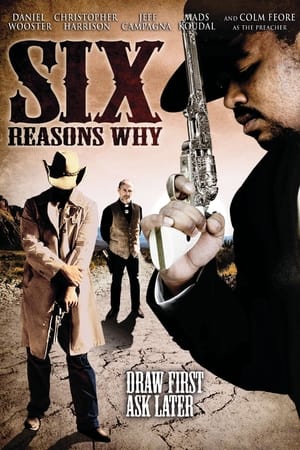 5.2
5.2Six Reasons Why(en)
In a desolate place called the Badlands, four men stand off with guns drawn, their fingers ready at the trigger. Among them are a fugitive seeking redemption, a son out to avenge his father's murder, a loyal servant with a secret and a murderous criminal hired to kill with a vengeance. This is their story...in a place where revenge, deception and cruelty are a way of life.
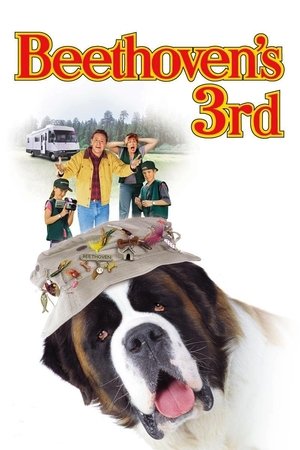 5.2
5.2Beethoven's 3rd(en)
Everyone's favorite St. Bernard returns in this family film about man's best friend. Richard Newton, his wife Beth and kids Brennan and Sara shove off in their camper for a road trip. Along the way, they gain a new passenger: slobbery Beethoven. The Newtons plan to return Beethoven to his owner -- but not before he turns hero when a pair of thieves enter the picture.
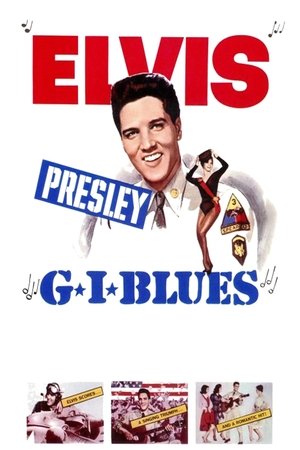 6.5
6.5G.I. Blues(en)
Stationed in West Germany, soldier Tulsa McLean hopes to open up a nightclub when he gets out of the army. Tulsa may lack the capital for such a venture, but a chance to raise the cash comes his way through a friendly wager. Local dancer Lili (Juliet Prowse) is a notorious ice queen, and Tulsa bets everything he has that a friend of his can earn her affections. But, when that friend is dispatched to Alaska, it's up to Tulsa to melt Lili's heart.
 7.3
7.3George W. Bush(en)
This two-part, four-hour look at the life and presidency of George W. Bush features interviews with historians, journalists and several members of the president’s inner circle. Part One chronicles Bush’s unorthodox road to the White House. The once wild son of a political dynasty, few expected Bush to ascend to the presidency. Yet 36 days after the November 2000 election, Bush emerged the victor of the most hotly contested race in the nation's history. Little in the new president’s past could have prepared him for the events that unfolded on September 11, 2001. Thrust into the role of war president, Bush's response to the deadly terrorist attack would come to define a new era in American foreign policy. Part Two opens with the ensuing war in Iraq and continues through Bush’s second term, as the president confronts the devastating impact of Hurricane Katrina and the most serious financial crisis since the Great Depression.
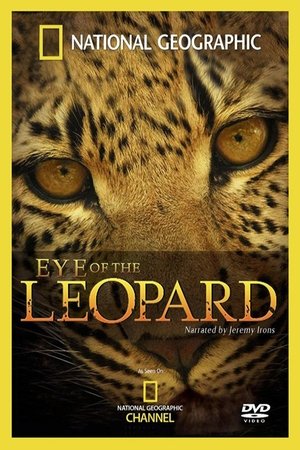 8.3
8.3Eye of the Leopard(en)
Eye of the Leopard follows the remarkable life of one small leopard from when she is just 8 days old every step of the way until she is 3 years old and on the brink of adulthood. Legadema, as she is named, works her way into your heart as she slips in and out of danger virtually every day, running from baboons and hyenas but also making landmark strides in hunting and surviving. Narrated by Jeremy Irons it is the story of a mother and daughter relationship as well as that of an emerging huntress in Botswana’s magnificent Mombo region of the Okavango Delta.
Film(en)
"This piece, with the generic title Film, is a series of short videos built around one protocol: a snippet of news from a newspaper of the day, is rolled up and then placed on a black-inked surface. On making contact with the liquid, the roll opens and of Its own accord frees itself of the gesture that fashioned it. As it comes alive in this way, the sliver of paper reveals Its hitherto unexposed content; this unpredictable kinematics is evidence of the constant impermanence of news. As well as exploring a certain archaeology of cinema, the mechanism references the passage of time: the ink, whether it is poured or printed, is the ink of ongoing human history." –Ismaïl Bahri
 7.6
7.6Tattoo(pt)
Paulete, the star of a daring theater group, is visited by his military brother-in-law, the young Fininha. A torrid relationship arises between the two, and now the soldier must deal with the prevailing repression during the Brazilian military dictatorship.
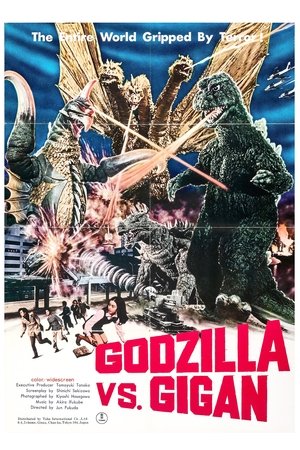 6.4
6.4Godzilla vs. Gigan(ja)
Manga artist Gengo Odaka lands a job with the World Children's Land amusement park only to become suspicious of the organization when a garbled message is discovered on tapes. As Gengo and his team investigate, Godzilla and Anguirus quickly decipher the message and begin their own plan of action.
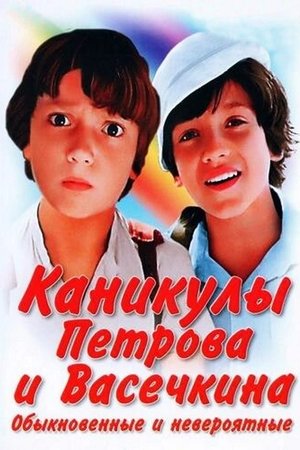 7.0
7.0Vacation of Petrov and Vasechkin, Usual and Incredible(ru)
In the first part, the students complain that classic works of literature have no bearing on modern life - and find themselves in a situation strangely resembling something they've read... It's Gogol's "Inspector General" - but set in a summer camp... In the second part, after reading Don Quixote, the ever-adventurous Vasechkin convinces more cautious Petrov that he has found a game that they could play for life. No sooner they go off than Vasechkin, on a bike, brandishing an umbrella, attacks a giant... That is, a windmill...
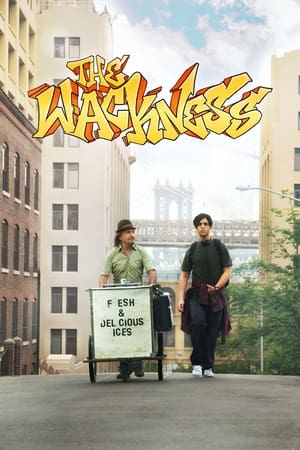 6.4
6.4The Wackness(en)
Set in New York City in the sweltering summer, The Wackness tells the story of a troubled teenage drug dealer, who trades pot for therapy sessions with a drug-addled psychiatrist. Things get more complicated when he falls for one of his classmates, who just happens to be the doctor's daughter. This is a coming-of-age story about sex, drugs, music and what it takes to be a man.
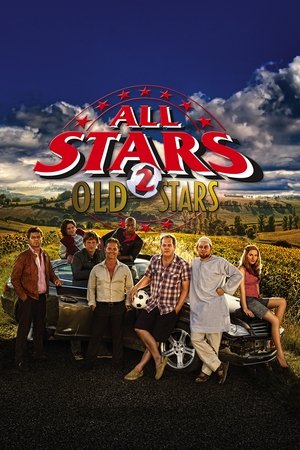 6.2
6.2All Stars 2: Old Stars(nl)
In All Stars 2 Old Stars, the unexpected wedding of one of the boys means they treat themselves to an ‘old-fashioned training camp’ in the form of a long weekend in Barcelona. The match between Barcelona and Real Madrid is meant to be the high point of the trip. But of course not everything goes according to plan for the Swift Boys.
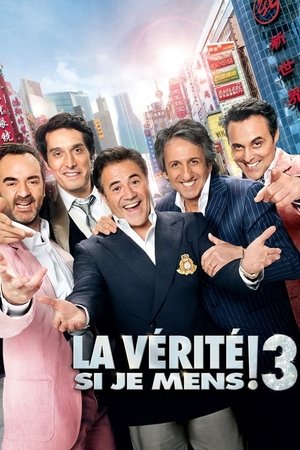 5.5
5.5Would I Lie to You? 3(fr)
Eddie, Dov, Yvan and the others ... Our warm friends have migrated from the moribund Sentier to the flourishing suburb of Aubervilliers ... Where the old Jewish entrepreneurs left the ground to young courageous and dynamic Chinese wholesalers ... The little band is as close to each other as in previous episodes, and life goes on at the mercy of small family events and business. Dov still seems frivolous, enterprising Eddie, chilled Yvan, casual Karine, resolute Sandra, naive Chochana, irresponsible Serge and mythomaniac. As for Patrick, he is in love and the happy elected is far from easy to access. Everything would be fine until a bad wind brings its share of adversity seriously compromising the cohesion of the group. Will they succumb under the storm to the turmoil, or, once again, by mutual aid, cunning and skill, will they triumph over the crisis with panache?
 6.3
6.3Meu Passado Me Condena 2: O Filme(pt)
The life of Fabio and Miá falls into the rut when differences, which are not few, need to be faced. After Fábio forget the third wedding anniversary, Miá decides to ask for a time in the relationship. When Fábio's grandfather, who lives in Portugal, tells him that he was a widower, he sees on this trip to the funeral an opportunity to save his marriage.
 7.5
7.5Naruto to Boruto: The Live 2019(ja)
“NARUTO to BORUTO THE LIVE 2019”, a special event for the 20th anniversary of the first publication of “NARUTO” series in Weekly Shonen Jump!! Featuring live performances by artists performing the theme songs of both “NARUTO” and “BORUTO: NARUTO NEXT GENERATIONS”, anime cast members reading original story episodes, and more.
 6.2
6.2Painting for the main bedroom(el)
A man is painting a landscape. A woman is holding two cups. What can go wrong? A nightmare in pink.
Similar Movies
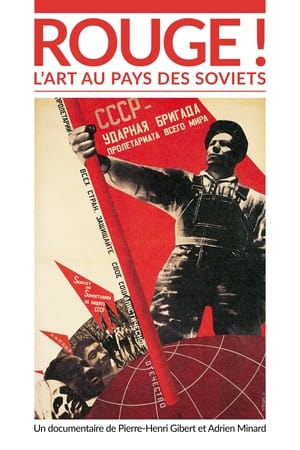 7.8
7.8Rouge ! L'Art au pays des soviets(fr)
In the Russian Empire of the 1910s, a group of visionary painters revolutionized the aesthetic norms of their time and opted for radical abstraction. In the years between the seizure of power by the Russian Bolsheviks and Stalinism in the 1930s, the avant-gardists developed a new form of art that ushered in modernism.
 6.5
6.5The Olympic Dream: 1936 Nazi Games(de)
Leni Riefenstahl's flamboyant Nazi aesthetics shaped the public image of the 1936 Olympics. Never before had sports and politics been mixed. Through archive photos and reconstructions, we get a closer look into the historical propaganda show.
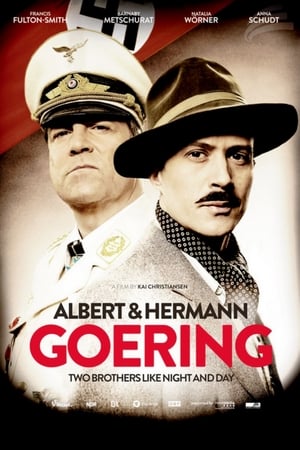 8.0
8.0Albert & Hermann Goering(de)
Two brothers who could not have been more different. The eldest, Hermann Göring (1893-1946), was a prominent member of the Nazi regime, head of the German Air Force, and a war criminal. The youngest, Albert Göring (1895-1966), opposed tyranny and was persecuted, but today he is still unjustly forgotten, although he saved many lives while his brother and his accomplices ravaged Europe.
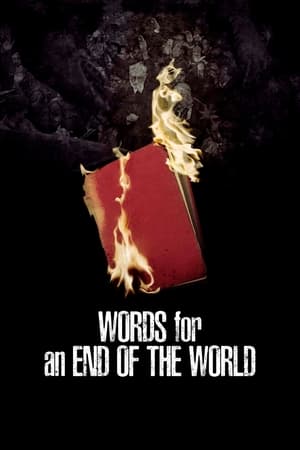 6.7
6.7Words for an End of the World(es)
Spain, April 14, 1931. The Second Republic is born. From the beginning, the writer Miguel de Unamuno is considered one of the ethical pillars of the new regime. Five years later, on December 31, 1936, a few months after the outbreak of the Spanish Civil War (1936-39), Unamuno dies at his home in Salamanca, capital of the rebel side, led by General Francisco Franco, and main center of dissemination of its propaganda apparatus.
 6.0
6.0Stolen Kisses: Homosexual Love in Fascist Italy(it)
Through letters, diaries and personal testimonies, an account of the complexity and variety of experiences of LGBT Italians during the Fascist dictatorship of Benito Mussolini (1922-43); intimate words that contrast with the lyrics of popular songs and the propaganda of the time, obsessed with extolling the myths of virility, femininity and motherhood and constrained by sexual repression.
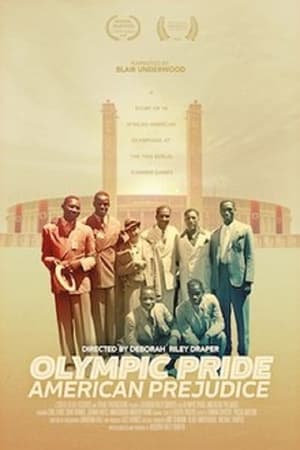 7.0
7.0Olympic Pride, American Prejudice(en)
In 1936, 18 African American athletes dubbed the "black auxiliary" by Hitler defied Nazi Aryan Supremacy and Jim Crow Racism to win hearts and medals at the 1936 Summer Olympic Games in Berlin. The world remembers Jesse Owens. But, Olympic Pride American Prejudice shows how all 18 are a seminal precursor to the modern Civil Rights Movement.
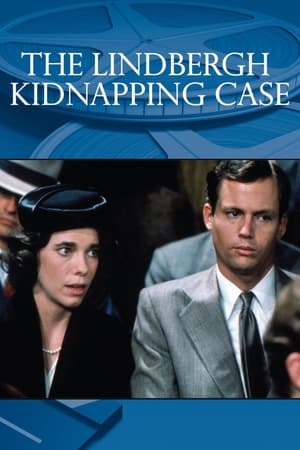 6.4
6.4The Lindbergh Kidnapping Case(en)
Fact-based story of the kidnapping of Charles Lindbergh Jr., son and namesake of the famed pilot, and ensuing trial of accused and convicted killer, Bruno Hauptmann.
 6.7
6.7Bugatti: A Thirst for Speed(de)
The story of the Bugattis of Milan and Molsheim, the eccentric family behind the brand: Carlo, the patriarch and furniture designer; Rembrandt, the troubled sculptor; Ettore, the gifted engineer; Jean, the unfortunate heir. Art and design. Beauty and luxury. The fastest cars. Races. The need for speed.
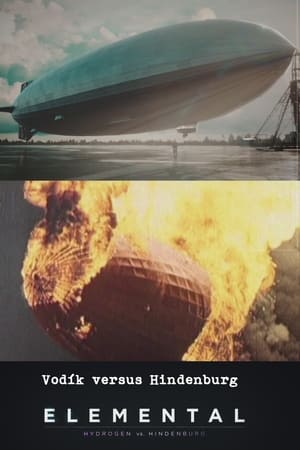 6.0
6.0Elemental: Hydrogen vs. Hindenburg(en)
"Elemental" is the groundbreaking television event from Academy Award-winning executive producer Robert Zemeckis that reveals how the elements of the periodic table have controlled the outcome of human history. This one-hour drama tells the harrowing story of the Hindenburg disaster. Sophisticated cinematography, animation and spectacular visual effects bring this fiery saga to life in a way no audience has seen before.
Hitler's Forgotten Victims(en)
The story of black and mixed race people in Nazi Germany who were sterilised, experimented upon, tortured and exterminated in the Nazi concentration camps. It also explores the history of German racism and examines the treatment of Black prisoners-of-war. The film uses interviews with survivors and their families as well as archival material to document the Black German Holocaust experience.
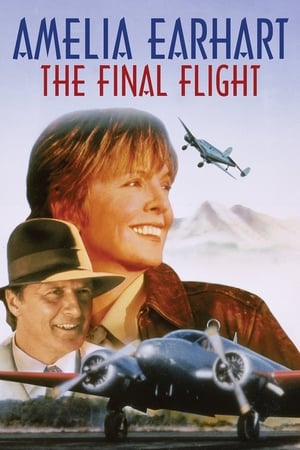 6.2
6.2Amelia Earhart: The Final Flight(en)
In 1928, Amelia Earhart gains fame by undertaking a transatlantic flight as a passenger. In 1937, she and her navigator Fred Noonan undertake her longest flight: a round-the-world attempt. However, the plane disappears in the process.
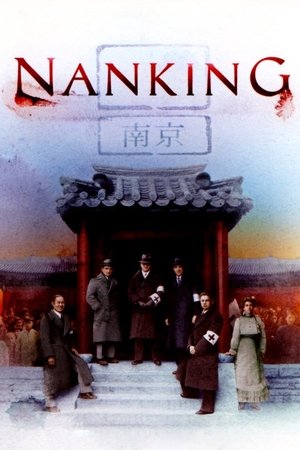 7.2
7.2Nanking(en)
The story of the rape of Nanking, one of the most tragic events in history. In 1937, the invading Japanese army murdered over 200,000 and raped tens of thousands of Chinese. In the midst of this horror, a small group of Western expatriates banded together to save 250,000. Nanking shows the tremendous impact individuals can make on the course of history.
 7.0
7.0Hitler's Evil Science(fr)
In 1935, German scientists dug for bones; in 1943, they murdered to get them. How the German scientific community supported Nazism, distorted history to legitimize a hideous system and was an accomplice to its unspeakable crimes. The story of the Ahnenerbe, a sinister organization created to rewrite the obscure origins of a nation.
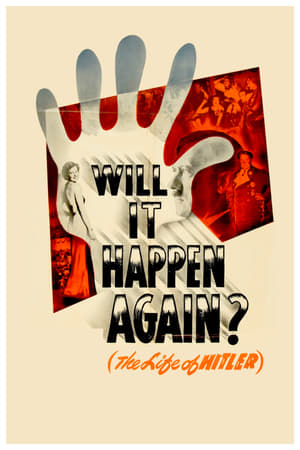 0.0
0.0Will It Happen Again?(en)
An account of Adolf Hitler's rise and fall, his relationship with Eva Braun and their days of leisure at the Berghof, their Bavarian residence.
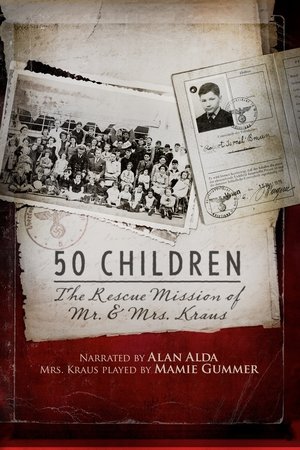 6.0
6.050 Children: The Rescue Mission of Mr. and Mrs. Kraus(en)
In the spring of 1939, Gilbert and Eleanor Kraus embarked on a risky and unlikely mission. Traveling into the heart of Nazi Germany, they rescued 50 Jewish children from Vienna and brought them to the United States.
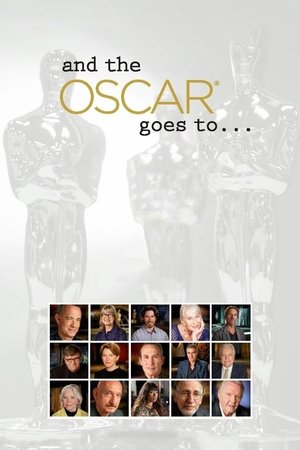 7.0
7.0And the Oscar Goes To...(en)
The story of the gold-plated statuette that became the film industry's most coveted prize, AND THE OSCAR GOES TO... traces the history of the Academy itself, which began in 1927 when Louis B. Mayer, then head of MGM, led other prominent members of the industry in forming this professional honorary organization. Two years later the Academy began bestowing awards, which were nicknamed "Oscar," and quickly came to represent the pinnacle of cinematic achievement.
 7.9
7.9Blood Money: Inside the Nazi Economy(fr)
How did Nazi Germany, from limited natural resources, mass unemployment, little money and a damaged industry, manage to unfurl the cataclysm of World War Two and come to occupy a large part of the European continent? Based on recent historical works of and interviews with Adam Tooze, Richard Overy, Frank Bajohr and Marie-Bénédicte Vincent, and drawing on rare archival material.
 7.0
7.0Land Without Bread(es)
An exploration —manipulated and staged— of life in Las Hurdes, in the province of Cáceres, in Extremadura, Spain, as it was in 1932. Insalubrity, misery and lack of opportunities provoke the emigration of young people and the solitude of those who remain in the desolation of one of the poorest and least developed Spanish regions at that time.
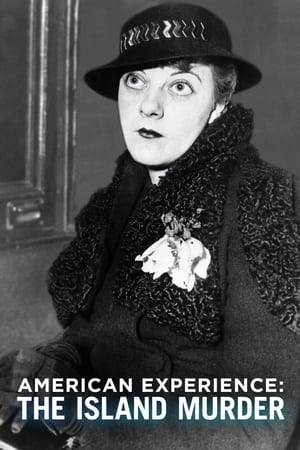 6.0
6.0The Massie Affair(en)
In the waning days of summer 1931, Honolulu's tropical tranquility was shattered when a young Navy wife made a drastic allegation of rape against five nonwhite islanders. What unfolded in the following days and weeks was a racially-charged murder case that would make headlines across the nation, enrage Hawai'i's native population, and galvanize the island's law enforcers and the nation's social elite.

